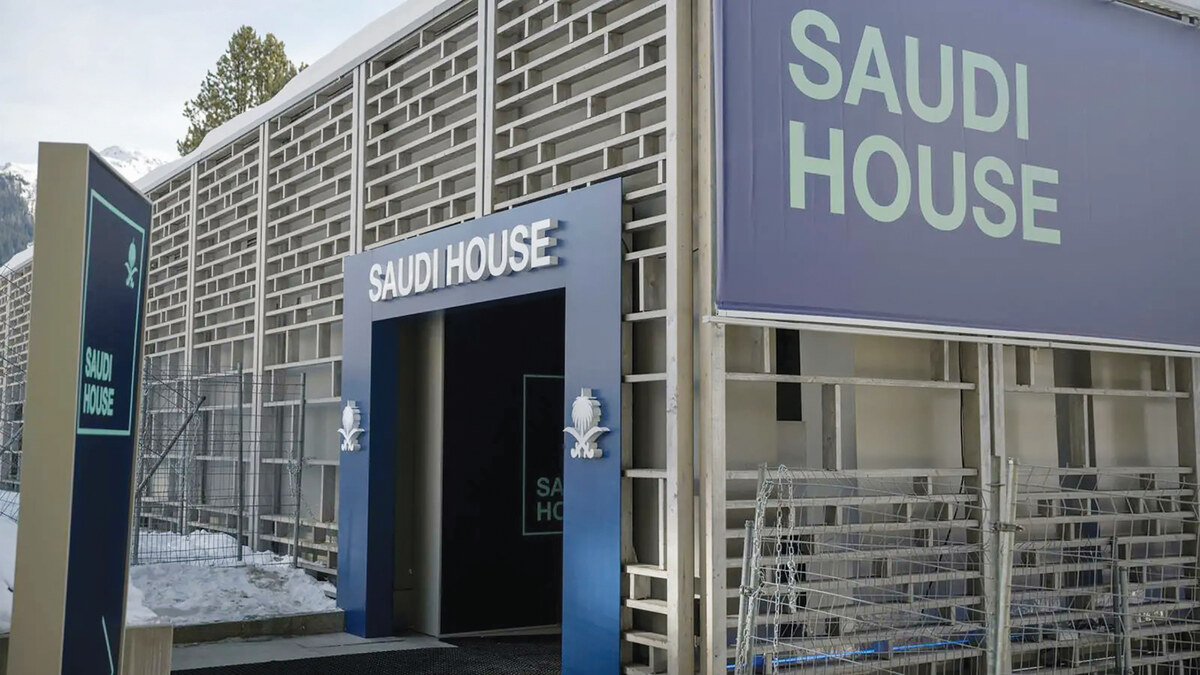RIYADH: Oil edged lower on Tuesday on expectations that further interest rate hikes in the US, the world’s biggest oil user, will slow economic growth and limit fuel demand.
Brent futures for March delivery fell 43 cents to $79.22 a barrel, a 0.54 percent drop, by 8.55 a.m. Saudi time. US West Texas Intermediate crude fell 34 cents, or 0.46 percent, to $74.29 per barrel.
Both benchmarks climbed 1 percent on Monday after China, the world’s biggest oil importer and second-largest consumer, opened its borders over the weekend for the first time in three years.
China issues second set of 2023 oil import quotas
China issued a second batch of 2023 crude oil import quotas, according to two sources with knowledge of the matter and documents reviewed by Reuters on Monday, raising the total for this year by 20 percent compared to the same time last year.
According to the document from the Ministry of Commerce, 44 companies, mostly independent refiners, were given 111.82 million tons in import quotas in this round.
Combined with the 20 million tons in 2023 quotas granted to 21 refineries in October, it takes the total for this year to 131.82 million tons.
China, the world’s biggest oil importer, allocated some 2023 quotas earlier than usual to shore up the sluggish economy by encouraging refiners to boost operations.
Zhejiang Petrochemical Corp., which operates China’s biggest privately-owned refinery site, was granted the largest quota of this batch at 20 million tons, on par with last year’s issuance, according to the documents.
Hengli Petrochemical received a quota of 14 million tons, and Shenghong Petrochemical’s newly started 320,000 barrels-per-day refinery received 8 million tons. Hengli won a quota of 4.83 million tons in the first batch in October.
Oil tanker groups Frontline and Euronav scrap $4.2 billion merger
Oil tanker company Frontline said on Monday that a $4.2 billion deal to merge with rival Euronav was terminated, a combination that would have created the world’s largest publicly listed tanker company.
Frontline will not make a voluntary conditional exchange offer for Belgian oil tanker and storage operator Euronav’s shares and will no longer seek a listing on Euronext Brussels, it said in a statement.
“We regret that we could not complete the merger as envisaged in July 2022, as that would have created the by far largest publicly listed tanker company,” CEO Lars Barstad said.
The two companies announced the deal last year, aiming to create a market-leading oil tanker group with 146 vessels. Euronav had received “a clear signal” from shareholders in support of its proposed deal.
However, since the announcement of the planned merger, Euronav clashed with its biggest shareholder Compagnie Maritime Belge, which sought to block it.
The merged company was expected to have a market capitalization of more than $4 billion, and the merger was supposed to generate synergies of at least $60 million a year.
In November, Euronav reported its first quarterly net profit since 2020 and core earnings more than 10 times higher than a year ago, thanks to accelerated large tanker freight rate recovery.
(With input from Reuters)




























